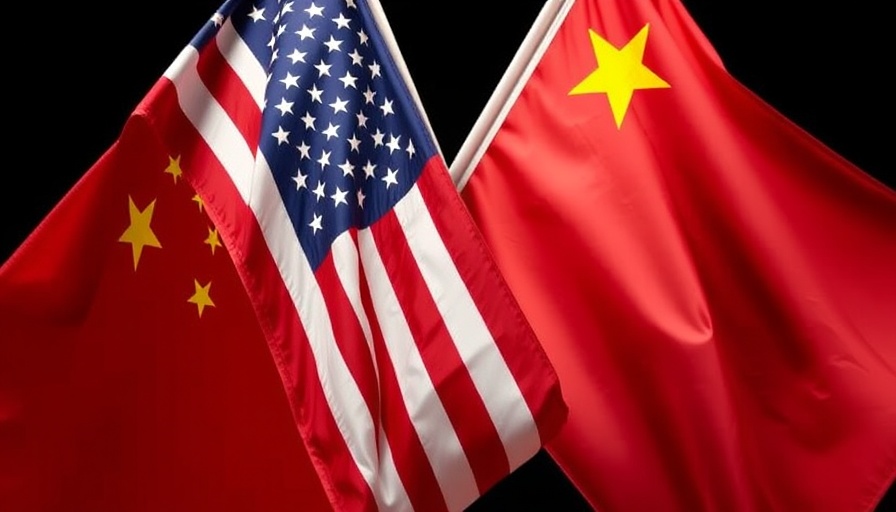
China's Strategic Shift: Impacts on US Private Equity
In a significant policy shift, China's government has announced a complete halt to new investments in US private equity. This decision is emblematic of growing geopolitical tensions and a re-evaluation of China's foreign investment strategy. As investors look to navigate this emerging landscape, understanding the implications of China's decision is essential for future investment strategies.
The Broader Context of Investment Restrictions
This move follows a series of regulatory changes not just within China, but globally, as countries reassess the risks and benefits of cross-border investments. Investors increasingly find themselves in a complex environment, where political decisions are woven intricately into financial outcomes. The pause in investments could be seen as part of a broader trend where national security considerations are prioritized over economic collaborations.
Disentangling Global Financial Relationships
As China cuts off new investments in US private equity, the implications ripple worldwide. This disentangling of relations means investors in the US must pivot toward alternative investment strategies. Whether through enhanced focus on domestic opportunities or venturing into other global markets, diversification will become a crucial aspect of risk management and wealth preservation.
Future Predictions: The Landscape of US Investments
Experts predict that this action will foster a strategic reallocation of investments for US firms. As access to traditional capital sources shrinks, companies may turn to innovative financing methods such as equity crowdfunding or private placements. This environment could spawn new startups and encourage shifts in asset allocation, potentially enhancing opportunities within boutique investment firms.
Mitigating Risks: Strategies for Investors
To navigate this evolving landscape, investors must focus on comprehensive wealth advising. Strategies may include emphasizing mutual funds, bonds and securities, and alternative investments that are less influenced by geopolitical strife. Building a resilient portfolio might involve embracing diversification and risk management techniques that align with long-term financial goals.
Actionable Insights for Strategic Asset Allocation
Given the recent changes, individuals and businesses alike should consult with financial advisors to reassess their investment strategies. Understanding the nuances of inflation protection and tax-efficient investing can safeguard wealth, especially in uncertain markets. Furthermore, with a shift towards alternative investments possibly becoming the norm, those looking to build or preserve wealth should remain agile to seize new opportunities.
As you consider your own financial planning journey, it’s crucial to recognize how these geopolitical shifts could affect your investment strategy. Ignoring such developments can lead to significant missed opportunities or unforeseen risks in the future.
 Add Row
Add Row  Add
Add 




 Add Row
Add Row  Add
Add 

Write A Comment